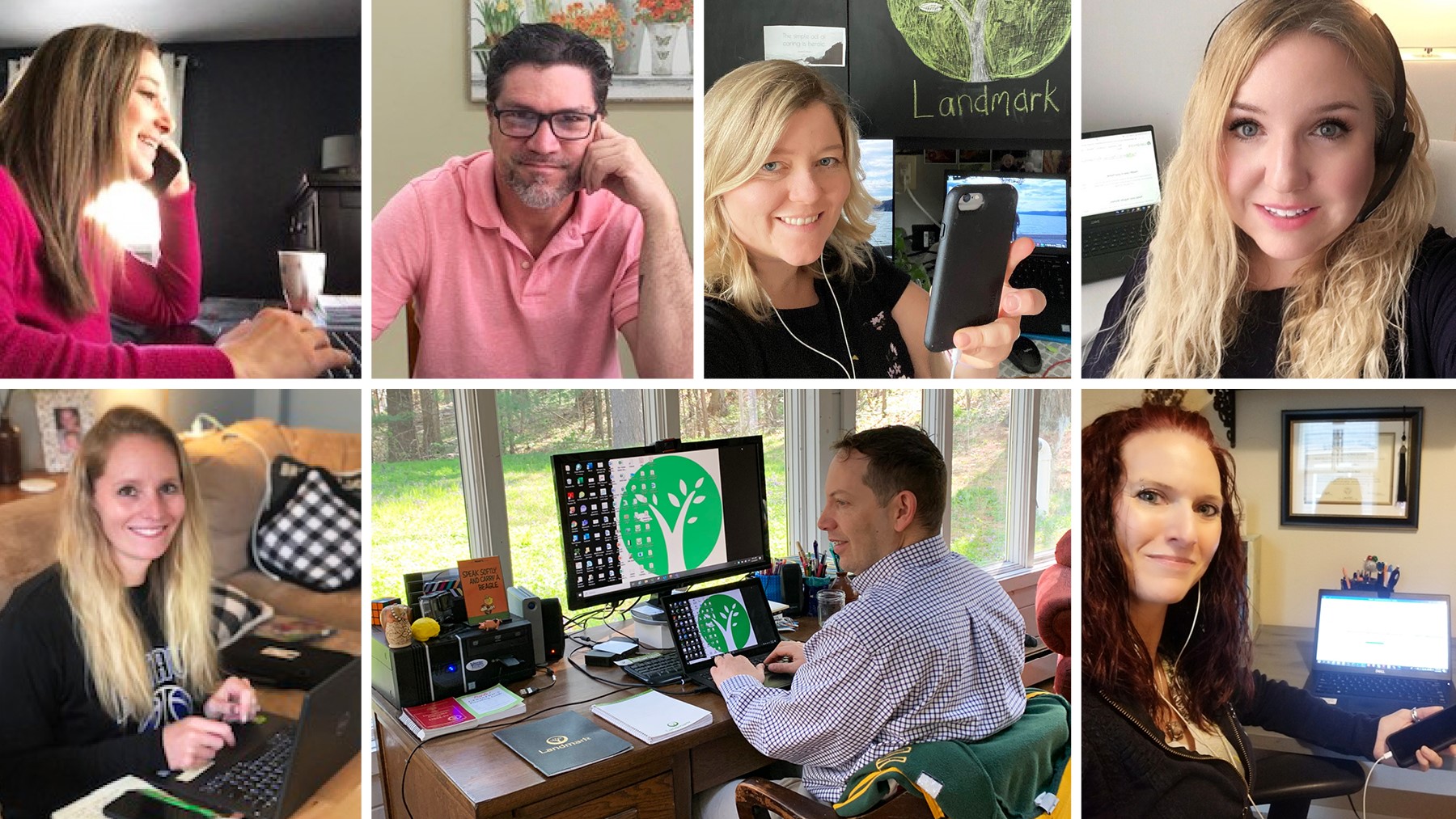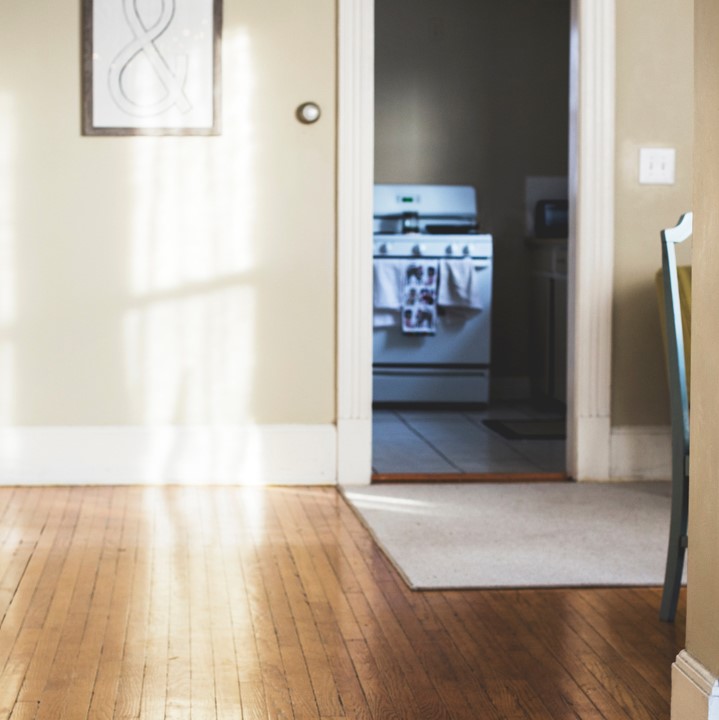
Behavioral Health Care Increases +190% for Landmark Patients During Pandemic
Daily behavioral/mental health calls nearly doubled from pre-Covid-19 through April.
The integration of behavioral health has long been a pillar of Landmark’s medical care model. Poorly managed mental health or social determinants of health impacts the trajectory and treatment of other chronic diseases, so our encounters have always reached beyond physical healthcare needs to consider the whole patient, their lifestyle and their environment.

In-home medical care is uniquely positioned to address the social and behavioral needs of patients.
When care comes into the home, where patients feel secure and comfortable, they often open up about topics they may otherwise avoid. In particular, they’ll often more freely discuss issues of mental health and social determinants of health, which unfortunately persist in carrying a stigma in our society.
In addition to patients being more at ease, in-home medical models allow for more patient-provider time, up to an hour for most visits. This is about 4X the amount of time allotted for a typical office-based doctor’s appointment – time that can be used to explore issues beyond the most pressing physical concerns.
Mental and behavioral health needs
Nearly one in five U.S. adults live with a mental illness.[1] For seniors with serious illness, many report facing cognitive and mental-health challenges, including forgetfulness (71%), sadness and depression (56%), feeling like a burden on others (51%), and loneliness (48%).[2]
As a result of the current pandemic, Landmark’s behavioral health team has experienced an increase in referrals regarding patients who report feeling isolated and lonely, anxious and depressed.
“These are difficult times, and our patients are experiencing a range of emotions in response to this new reality,” says Christopher Dennis, MD, Landmark’s Chief Behavioral Health Officer. “However, while it is okay to experience these feelings, our goal is to listen to our patients, help them identify their concerns, create a plan to minimize negative emotions, and to provide education about self-management techniques. Medication may also be prescribed, but is often not necessary for all patients.”
Nonmedical social needs
Social work is a critical component to addressing complex healthcare needs, especially for minorities and those of lower socioeconomic status.[3] Nonmedical social needs that impact health often go unmet without social work support, including care coordination, mental health counseling, and navigating complex organizational systems of care.3 Patients often struggle with physical, social, and financial issues that can be addressed through social work services.
Currently, Landmark’s social workers are seeing an increased need for delivery of groceries, medications and other goods.
“In addition to supporting our patients’ behavioral health needs through active listening, brief counseling and education regarding self-management techniques, our social workers are actively exploring options available within patients’ support systems and communities to address socialization, food insecurity and other basic needs,” says Lisa Shiner, MSW, Landmark’s Executive Director of Behavioral Health and Social Work.
Connecting with patients by phone and video
While Landmark providers are seeing patients through in-person visits in the home, the behavioral health providers and social workers have shifted primarily to telemedicine (phone and video) during the pandemic. This helps preserve personal protective equipment (PPE) for necessary medical interventions and urgent visits in the home.
These virtual interactions can be a lifeline to someone who’s silently suffering from an unmet need, especially during this time of social distancing and isolation.
Landmark’s behavioral health and social work teams are growing. If you’re looking to make a lasting difference for complex patients – join us. If you or a loved one has a behavioral health concern, remember that you are not alone and reach out to your network – health insurance, employer-supported organization, family/friends – or view tips here.
Resources:
[1] https://www.nimh.nih.gov/health/statistics/mental-illness.shtml
[2] Poll: Family Members Of Older Adults with Serious Illness Are More Confident That They Know Their Medical Wishes When They Have Written Documents, 2017 Published: Nov 02 – https://www.kff.org/disparities-policy/press-release/poll-family-members-of-older-adults-with-serious-illness-are-more-confident-that-they-know-their-medical-wishes-when-they-have-written-documents/.
[3] http://www.ihi.org/communities/blogs/are-social-workers-missing-from-your-complex-care-teams Are Social Workers Missing from Your Complex Care Teams? IHI Multimedia, Institute for Healthcare Improvement. June 22, 2018.


Article
Why All Health Care Providers Need to Be Age-Friendly
Older adults will outnumber children by 2034 and yet the U.S. health care system is not focused on older patient's very specific needs

Blog post
Creating a Safe Home for Those with Alzheimer’s
Landmark providers specialize in home evaluations and modifications and can help adapt the home setting to meet patients’ needs.